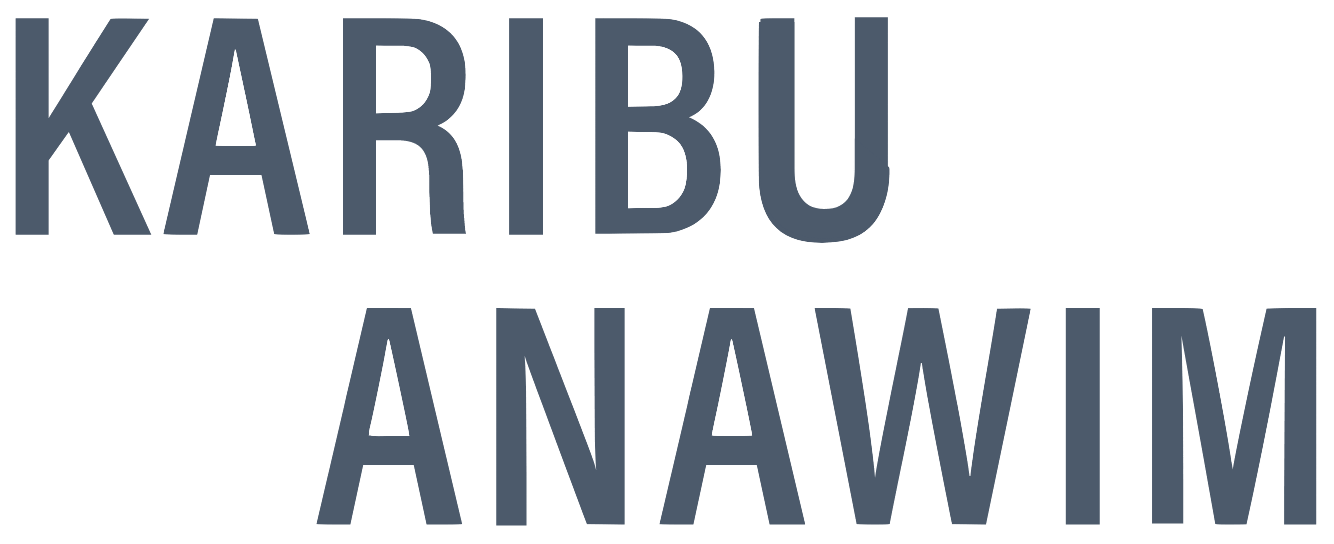Train
On this page you will find help if you are an Educator.
DID YOU KNOW?
The discrimination [school-aged children] face arises through other people's attitudes and behaviours including teachers' low expectations because, for complex reasons, they find it hard to envisage a successful and happy future for a child with a disfigurement.
(Disfigurement in the UK ,2017)
Professional Educators: Kindergarten, Primary, Secondary & Tertiary
Here at Karibu Anawim, we understand educators are flooded with more and more issues we are ‘supposed’ to be across. Facial disfigurement is important! As teachers, our experiences can be two fold:
1. We teach students living with a facial disfigurement, and may
2. Interact with parents who may also live with a facial disfigurement.
Our unrecognised bias towards people living with facial disfigurement or indeed interacting with parents who have a facial disfigurement can be daunting. Studies have demonstrated teachers underestimate students living with facial disfigurement’s academic abilities and schools are doing very litle about addressing the needs of these students within the classroom and whole school situation.
Have you had students with:
• Skin conditions: Eczema/Acne/pimples/Vitiligo
• Visible Scarring
• Visible Burns
• Port wine stain
• Craniofacial conditions maybe requiring long periods out of school due to surgeries
- Cleft lip or Palate syndrome
- Microtia = small ears
- Crouzon syndrome
- Duane syndrome
- Pierre Robin Sequence = lower jaw is smaller
• Eye issues: Lazy eye, eyes that look different
These are just some facial differences students/parents may present with in our classrooms.
How can we help students and parents in our classrooms?
First, we need to acknowledge we are people first and then our profession. We come with known and unknown bias, we are not able to ‘know it all’. What we can do, is become aware of our bias and equip ourselves with the knowledge of how best to assist and what services are available in order to help the student and parent we connect with.
Relevant academic articles pertaining to living with a facial disfigurement
Autoethnography: The Ayes Have It! (2018)
The Qualitative Report
'My own experience throughout primary, secondary, and, also tertiary education, clearly requires educators to be educated. Teachers' perceptions matter.'
Special Ethical Considerations for Facially Distinctive Counsellors (2015)
Counselling Australia
Raises issues such as:
• Discrimination: obtaining and retaining clients
• Use of self disclosure: to retain and build rapport with clients therefore lessening discrimination
KARIBU ANAWIM -
Welcome To
The Way of Victory
Connect With Us
Drop us an email, phone, text or chat.
We are here to help!

